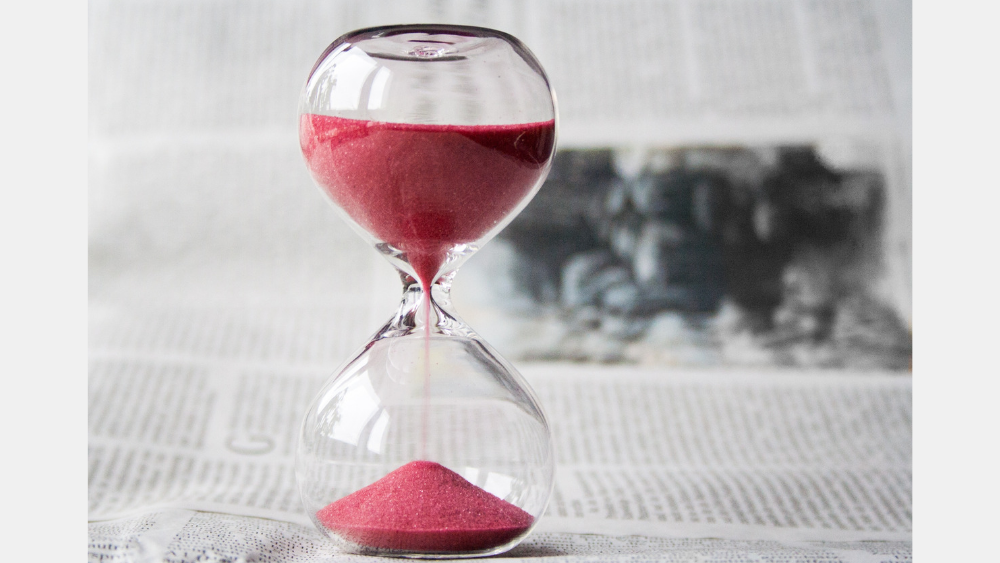A new therapy shows promise at slowing down the development of Type 1 diabetes, according to results just released following a clinical trial.
"Scientists have conducted a number of studies trying to prevent Type 1 diabetes or delay the progression of the disease in people who are newly diagnosed," said Darrell Wilson, MD, a pediatric endocrinologist at Stanford who is a co-author of the study. "This is the first treatment that's had an impact on prevention in a high-risk group."
The treatment involved two weeks of daily infusions of a compound called teplizumab. This appeared to delay the onset of Type 1 diabetes in at-risk people by an average of two years, a new study published this week in the New England Journal of Medicine has shown.
Type 1 diabetes is an autoimmune disease with a genetic component. Patients' immune systems attack the cells in the pancreas that make insulin, a hormone that regulates blood sugar levels. The damage happens over time. Researchers can now test people's blood for molecules known as autoantibodies, which direct the immune attack. Their presence in the blood indicates that the destruction of insulin-making cells has begun, even in people whose blood sugar regulation is still normal.
The new study aimed to slow or stop the autoimmune damage after it had already started. It is thought that teplizumab reduces the activity of the immune cells responsible for the destruction of insulin-producing cells.
The study included 76 people, both children and adults, who had several risk factors for Type 1 diabetes: They had a relative with the disease, had at least two varieties of destructive autoantibodies in their blood, and had an abnormal metabolic response to a test that measures the body's ability to process large amounts of sugar. Their blood sugar levels were abnormal, but not yet in the diabetic range, and they were almost certain to develop Type 1 diabetes at some point in the future.
Half the participants received two weeks of daily intravenous infusions with teplizumab; the rest received placebo infusions. All participants were tracked to see if they developed Type 1 diabetes over the next few years. On average, patients in the placebo group developed diabetes after about two years, while the patients who got the therapy developed diabetes after about four years. By the end of the trial, 55 percent of the participants had Type 1 diabetes.
The new study was conducted through Type 1 Diabetes TrialNet, a large research network that includes Stanford, although Stanford was not a treatment site for this particular project.
"It's a very interesting step forward for the field," Wilson said. "But I'm less sure of what it means for any one individual at this point in time."
Before doctors can routinely offer the treatment for at-risk individuals, they will need figure out such parameters as the best dosages of teplizumab and how to time them, he said. And they'll need to get better at identifying high-risk individuals who lack close relatives with Type 1 diabetes, he said.
Photo by nile




